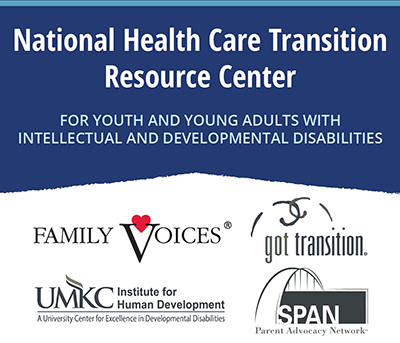
Advancing the Quality of Health Care Transition for Black Autistic Adolescent Girls
Funded by the WITH Foundation (March 2023 – July 2024)
Project goal
This project will engage Black women self-advocates and family advocates to develop and disseminate educational materials about barriers to diagnostic supports for Black girls and women with autism, as well as recommendations to address the unique needs of this intersectional population across the lifespan.
What we know
- Girls are less likely than boys to receive a timely diagnosis of autism.
- Black children are more likely to experience misdiagnosis and extremely delayed autism diagnosis.
- Autistic Black girls, at the intersection of these disparities, experience the impact of both.
- The challenges of getting a diagnosis can exist through late adolescence and young adulthood, often leading to negative educational, medical, and employment outcomes, high anxiety, low self-esteem, and suicidal ideation.
- Even with the knowledge of emotional and physical risk faced by Black autistic girls and women, the literature is disturbingly silent on their experiences and needs.
Constantino, 2020; Maenner et al., 2021; Lovelace et al., 2018; Purtway & Johnson, 2005
What we hope to learn
In this project, we will learn about the health care experiences of Black autistic girls and women, including those who are self-diagnosed, to inform recommendations and strategies for health care providers to improve engagement and access to equitable health care.
You can participate in this work by joining a roundtable discussion about health care for Black autistic girls or completing a survey.
Who should participate?
- Black autistic young women (ages 18-30)
- Parents/caregivers of Black autistic girls and young women (age 14-30)
- Both formally diagnosed and self-diagnosed individuals are encouraged to apply.
- We are inclusive of people who were raised and socialized as Black females, even if that is no longer their gender identity.
What we are developing
By the end of this project, the staff and product development team will work together to develop eight multi-modal tools for primary care providers to better understand the health care and health care transition (HCT) needs of Black autistic adolescent girls.



